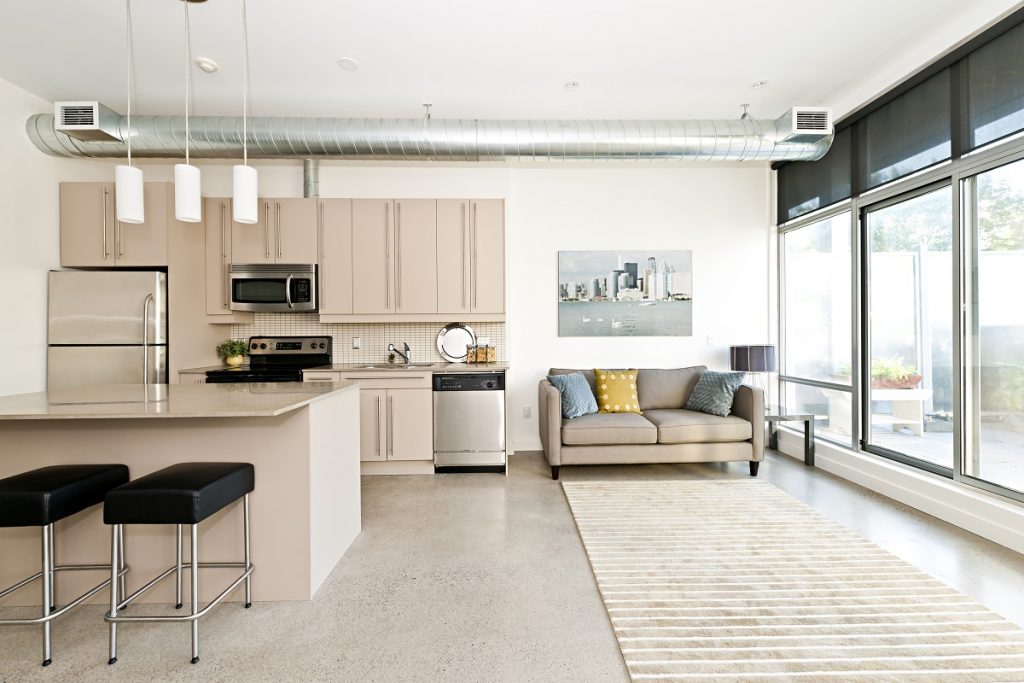Your heating system is a known energy guzzler. Homeowners are always looking for ways to cut their energy consumption, especially during the colder and hotter seasons. One way to do so is to make your heating system more efficient.
This strategy can be as simple as regularly changing your air filters to investing in advanced upgrades. Below are some affordable and straightforward techniques you can do to reduce your heating expenses.
1. Seal the ductwork
The ductwork is one of the significant components of your HVAC system. It brings the cool or warm air from your heat pump or furnace into different parts of your home. It may not be obvious, but your ductwork can be full of cracks and holes or has worn seals.
These gaps let out the warm or cool air, decreasing the efficiency of your HVAC system. This can potentially up your energy bills.
Visibly inspect the air ducts for leaks. Duct joints are common places for holes and tears. Turn your heating system on full blast and hover your hand over the pipes. If you feel the air against your skin, that means that there’s a leak. Reseal your duct pipes with a mastic sealant or metal tape.
2. Insulate the pipes
The distance your pipes travel from the furnace to the heater can be far. The air the pipe carries can lose its heat or coldness as it goes from one room to another. Insulating your central heating pipes can prevent heat loss and protect against frost during the colder months.
Flexible polyethylene pipe insulation is an excellent choice for domestic central heating pipes. The foam is thick enough to provide insulation but soft enough that you can install it by yourself. Pipe insulation also comes in glass or rock wool.
3. Change the air filter regularly

The air filters in HVAC systems keep dirt and dust from entering the heater. The debris can clog the filter quickly, primarily when you use your heating system often. This dirt can slow down your HVAC, which can lead to higher utility bills and cause permanent damage to your system. Dirty filters might also trigger a reaction if anyone in your house has asthma or allergies.
Change your air filter once every three months. If you run your HVAC system frequently, you should replace the filter more often. Changing your air filters keeps your heaters efficient and improves your indoor air quality.
4. Schedule preventive maintenance
Make time for regular maintenance. This ensures that all floor, ceiling, and wall vents are unobstructed and adequately sealed, keeping your HVAC system efficient. Preventive maintenance also checks the fluid levels, cleans the interior components, and recalibrates the entire system.
Ask for a professional assessment to make sure that everything is in order.
Keep in mind that if your system is more than 10 years old, it might be time to replace it. Old heat pumps and furnaces no longer perform as they should. Plus, there are plenty of advanced heating solutions in the market that can give you bigger cost savings. Consult an HVAC specialist to determine the best system for your house.
